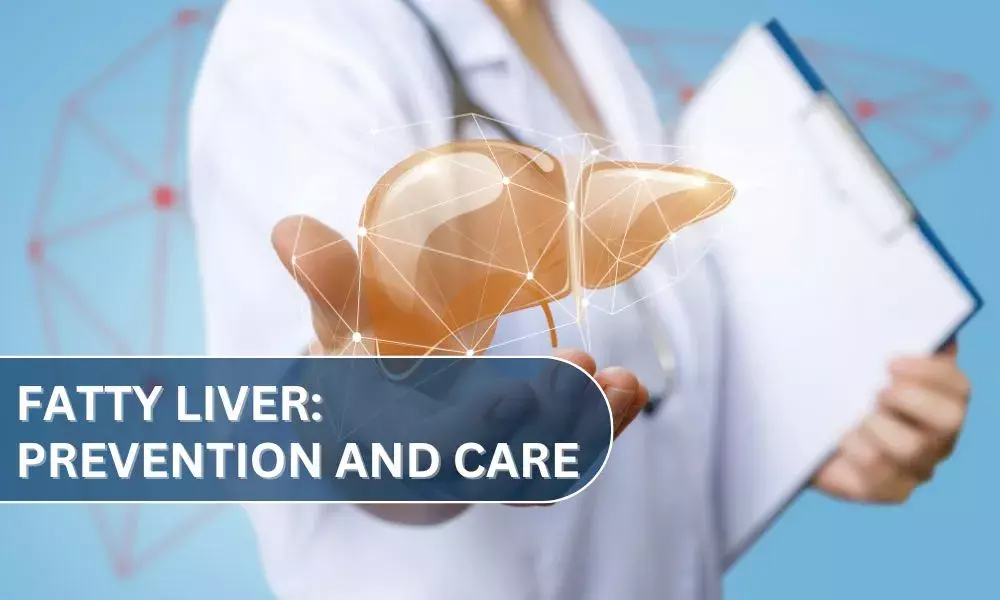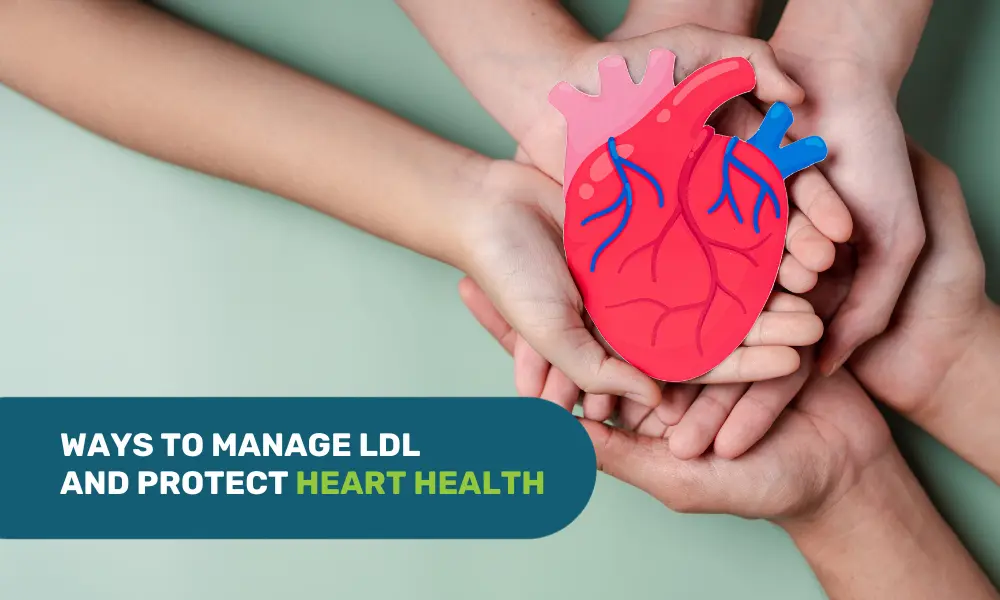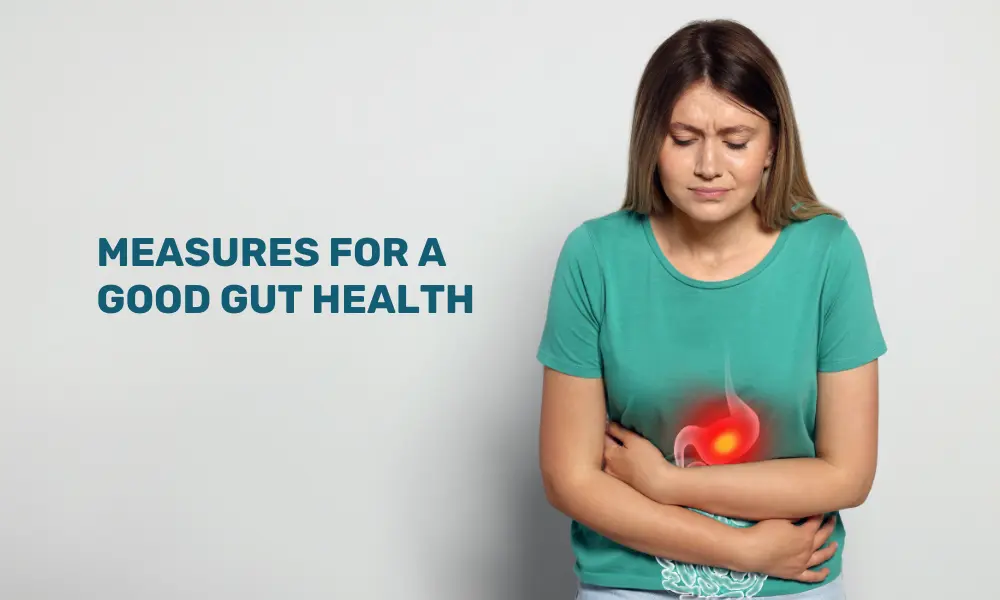The liver is one of the most vital organs of our body. The liver is responsible for food digestion, energy generation, and removal of toxic substances from our body.
Table of Content:
-
What is Fatty Liver?
-
Causes of Fatty Liver
-
What are the symptoms of fatty liver?
-
How is fatty liver disease diagnosed?
-
Preventive measures to manage fatty liver
The liver undertakes the filtration of the blood and breaks down toxic substances. It also purifies the blood by removing bacteria and other infections from the bloodstream.
The liver also stores vitamins and minerals essential for our growth. It stores significant amounts of vitamins A, D, E, K, and B12, iron, and copper.
The liver is also responsible to produces bile, a fluid that helps digest fats and helps in the removal of waste from the body.
Dr. Sonal Mhatre, BHMS, with 17 years of Clinical experience, explains what is fatty liver and how it can be prevented.
What is Fatty Liver?
Fatty liver is a condition in which fat builds up in and around our liver. There are mainly two kinds of fatty liver. Non-alcoholic steatohepatitis (NASH) or Non-alcoholic fatty liver disease (NAFLD) and Alcoholic fatty liver disease, also called alcoholic steatohepatitis.
Fatty liver is an unhealthy condition; if not treated, it may lead to other health complications. It may cause liver inflammation and progress to advanced scarring (cirrhosis) and liver failure.
Causes of Fatty Liver
Common factors that may cause fatty liver include:
-
Insulin resistance, in which our cells don’t take up sugar.
-
High levels of fats, particularly triglycerides, in the blood.
-
High blood sugar (hyperglycaemia), indicating pre-diabetes or type 2 diabetes.
-
Overweight or obesity.
What are the symptoms of fatty liver?
Both types of fatty liver NAFLD and alcoholic fatty liver disease are generally silent diseases with few or no symptoms. The most common symptom of this disease is feeling tired and having discomfort in the upper right side of your stomach.
Fatty liver disease does not cause major problems for most people initially. However, if it progresses into liver cirrhosis, it may create serious health complications. Cirrhosis of the liver is permanent scarring that damages our liver and interferes with its functioning. Liver cirrhosis can eventually result in liver failure or may even cause liver cancer.
How is fatty liver disease diagnosed?
Healthcare experts suggest a blood test called a liver function test that checks the health of your liver. For further investigation, doctors may recommend certain scans, like an ultrasound of the abdomen or a CT scan of the abdomen.
Preventive measures to manage fatty liver
Dr. Sonal suggests adopting a healthy, active lifestyle and implementing the below to reduce the risk of developing fatty liver.
-
Avoid Fast foods as they are high in saturated fats, added sugar, and other ingredients with no nutritional value.
-
A plant-based diet is found to be beneficial for a person suffering from fatty liver disease, as this diet combines the right kind of nutrients like healthy fats, antioxidants, and complex carbs that helps to reduce the fat content in the liver.
-
Avoid Refined carbs such as white bread, pasta, rice, and foods made with maida are highly processed that can spike sugar levels.
-
Avoid eating red and organic meat, as they are high in saturated fat and sodium.
-
Avoid Sugary Foods. Refrain from having sugary foods like cakes, pastries, cookies, candies, sodas, and fruit juices. These foods increase fat build-up in the liver.
-
Avoid Deep-fried foods like French fries, chips, and foods high in fat and sugar. These types of foods will spike blood sugar levels and elevate the risk of fatty liver disease.
-
It is suggested to maintain a healthy weight as being overweight or obese is directly associated with fatty liver. One must exercise for at least 20-30 minutes daily.
-
Further controlling certain conditions like cholesterol and blood sugar is important as they can lead to fatty liver.
-
Avoid medicines that can affect your liver. Avoid self-medication and taking medication without a doctor’s guidance.
-
Lastly, avoid drinking alcohol and quit smoking as both substances can aggravate fatty liver.
According to Dr. Sonal fatty liver can be treated well by adopting sustainable and healthy lifestyle changes. One must target to achieve a healthy with persistent and steady efforts as a rapid weight loss can make fatty liver disease worse. Further, she suggests that in case of Alcoholic fatty liver, one must give up alcohol with immediate effect.





